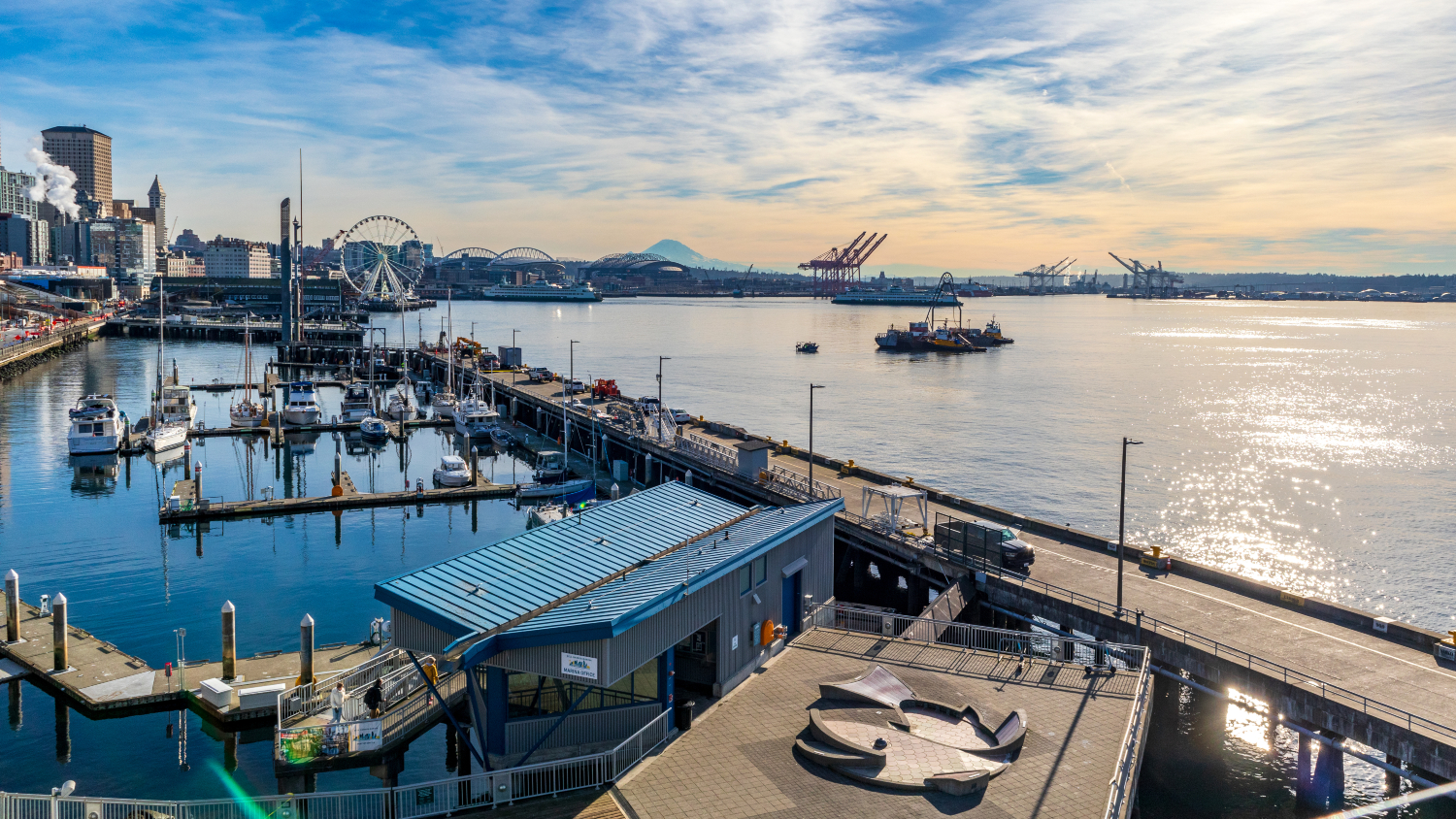Refined product shipments by India’s Nayara Energy face uncertainty as EU sanctions prompt global tanker companies to halt loading, sources said July 22.
Several shipping companies, including China’s Cosco and Nanjing Tankers, Oslo Stock Exchange-listed Hafnia, and NYSE-listed Ardmore Shipping, have decided not to load cargoes produced by Nayara Energy on their tankers following the EU’s sanctions on the Indian refiner, according to sources in Shanghai, Oslo, London, and Copenhagen.
Platts, part of S&P Global Commodity Insights, spoke with sources in these companies and tankers’ brokers directly involved in such deals, who confirmed the development.
Nanjing Tankers even canceled a deal to load a 35,000 mt gasoil cargo for Petrochina in its Medium Range tanker, the Chang Hang Xing Yun, because it was produced in Nayara’s refinery, said three sources with direct knowledge of the matter.
“It was a mutual agreement to cancel the deal,” one of the sources said.
The tanker has instead been chartered out by Nanjing to Total for loading diesel early next month from Kuwait for East Africa delivery, sources said.
EU countries regularly import gasoil and jet fuel from refineries on India’s west coast, including Nayara, one of the country’s largest. Substantial imports come from Reliance’s Jamnagar refinery, and if it can successfully process non-Russian crude for exports of refined products to Europe, the impact on trade flows will be minimal, said a chartering executive with a global commodities trading company.
Platts assessed the West Coast India-UKC Long Range II, or LR2 route at $3.45 million, via the Cape of Good Hope, up $50,000 day over day.
Shipments from Nayara’s refinery typically load in Vadinar and are now likely to be substituted with cargoes from the Persian Gulf, the executive said.
Nayara will have to find other destinations, such as Singapore and Africa, said a tanker broker in Singapore.
However, the real challenge will be to find ships to deliver these cargoes because companies that are listed on stock exchanges in the US and Europe, or have exposure to delivering cargoes in the West, will stay away, he said. Trading companies may also decline to buy these cargoes due to these restrictions, he added. Nayara is partly owned by Russia’s Rosneft, but it has contended in a July 20 statement that it is not a controlling shareholder because its stake is less than 50%.
From next year, it will become increasingly difficult for companies importing Russian crude to export distillates to EU countries, even by processing non-Russian crude, because of the risk of being sanctioned for their Russian trade portfolio. Sanctions are a work-in-progress, rules can be tweaked anytime, as has happened this month, said a VLCC broker.
Source: Platts




